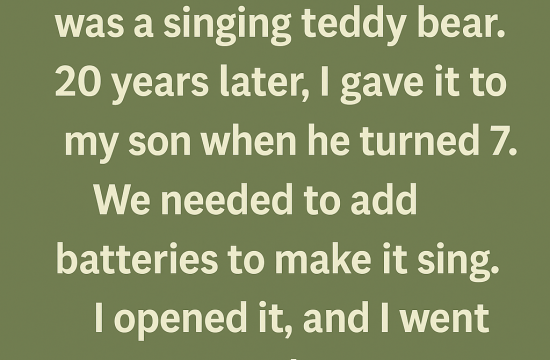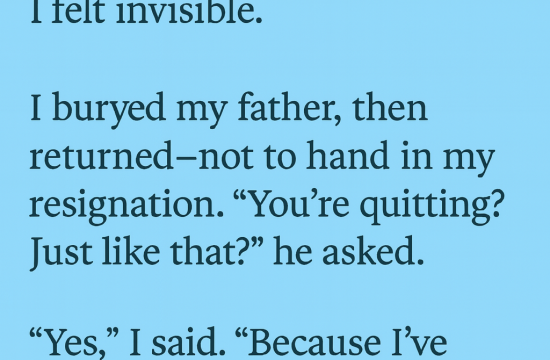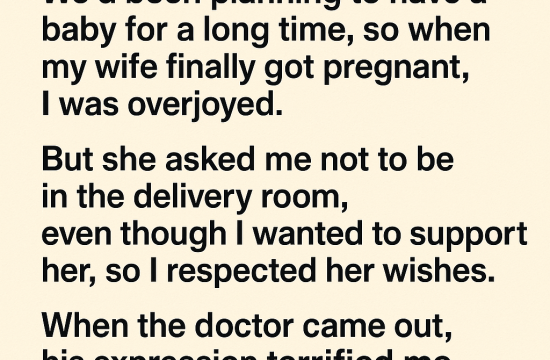Christine never imagined her quiet home would become the backdrop for a family mystery. What started as a seemingly trivial issue—missing leftovers from the fridge—gradually spiraled into something far more serious. The unease began to gnaw at her. Food she had cooked with care was vanishing overnight, groceries disappearing faster than she could account for. Initially, she blamed forgetfulness or perhaps even her partner sneaking a late-night snack. But as the incidents piled up, Christine’s sense of security began to erode.
Her home, once a sanctuary, now felt compromised.
After exhausting reasonable explanations, Christine made a decision that would ultimately draw a hard line between suspicion and truth: she installed a hidden camera in the kitchen. She grappled with the ethics—was she violating someone’s privacy, or was she reclaiming her own? The answer came swiftly. The footage revealed the intruder was none other than her sister, Pamela, who had been covertly using a spare key to enter the house while Christine and her family slept.
The discovery brought a cold clarity. It wasn’t just about the food anymore—it was about betrayal.
Pamela’s actions cracked open a fissure that had long been growing beneath the surface of their relationship. She had always carried a sense of entitlement—sometimes subtle, sometimes bold. Over the years, she had leaned on Christine for help: a place to crash, financial aid, emotional support. But this time, she had crossed an unspoken line, violating not only Christine’s privacy but her trust.
When confronted, Pamela at first denied everything, then shifted to justifications. She was struggling, she said. She felt Christine “owed her” for past help, for family loyalty. But Christine was no longer swayed by guilt. She realized that enabling Pamela had blurred boundaries to the point where respect had been lost.
The fallout was painful.
Locks were changed. Conversations that had been postponed for years were finally held—raw, difficult, necessary. Christine laid out new boundaries, not just with Pamela, but with other family members who had taken sides. Trust, she learned, is not a given in family; it’s earned, nurtured, and fiercely protected.
Technology had played the role of truth-teller, but it also raised uncomfortable questions. Christine wondered if she had gone too far by installing the camera. But when weighed against the gaslighting she experienced and the peace of mind it restored, the decision felt justified. She hadn’t set out to spy—she had set out to reclaim control over her home and sanity.
The emotional recovery took longer.
Christine worked with her partner and children to rebuild a sense of safety. They had long talks about trust, boundaries, and what it means to truly feel at home. Pamela, meanwhile, distanced herself. Whether out of shame, resentment, or both, she faded from daily contact. Christine mourned the relationship, but not the chaos that came with it.
Over time, the family home became peaceful again. Meals were cooked without worry. Doors were locked with the comfort of knowing who held the keys. But most importantly, Christine emerged stronger—clearer about her boundaries, more aware of the dynamics she was willing to tolerate, and deeply appreciative of the relationships in her life that were grounded in respect and reciprocity.
In the end, the ordeal wasn’t just about catching a thief. It was about uncovering truths, reclaiming agency, and redefining what family means when love is tested by betrayal.











